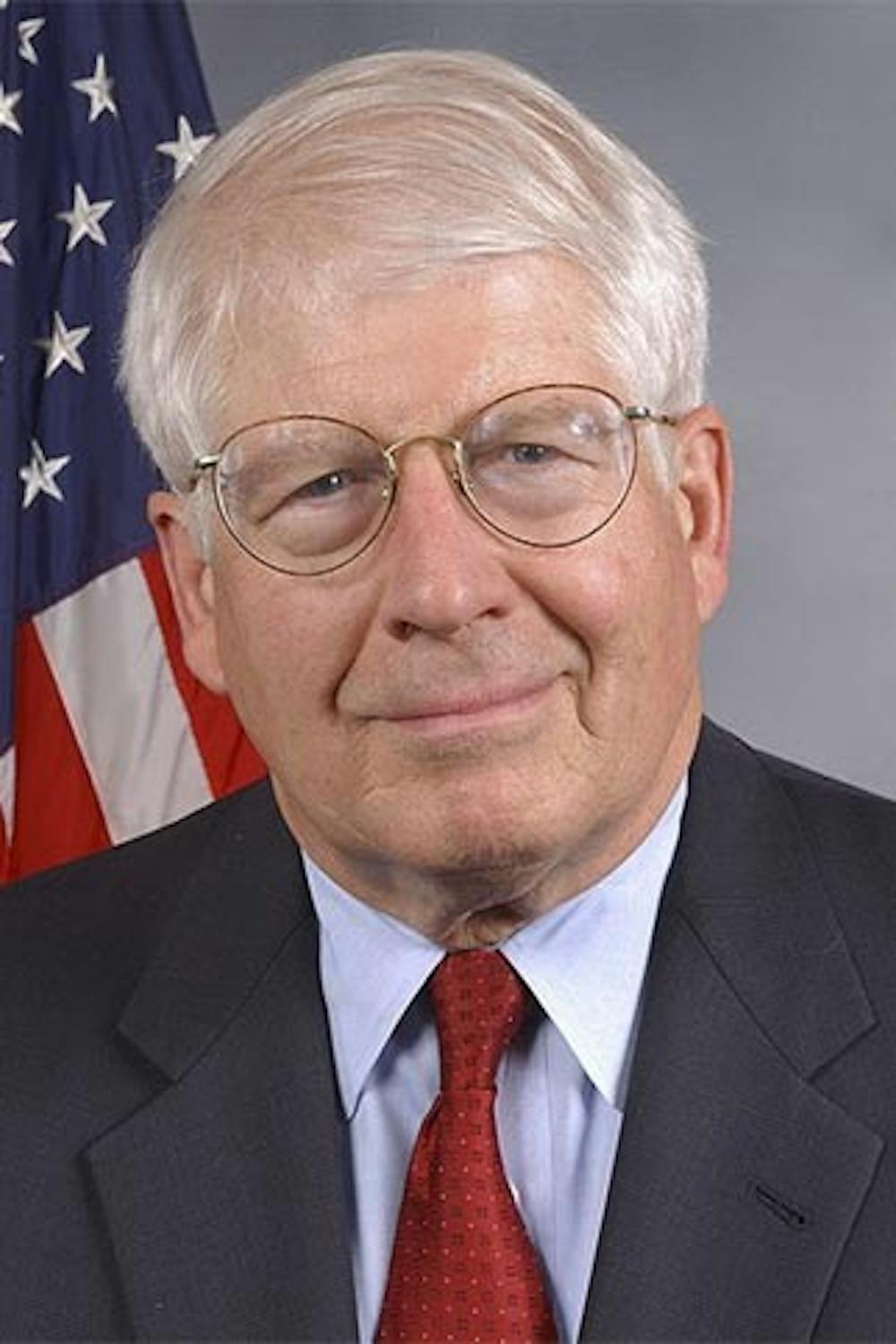North Carolina’s congressional delegation is composed entirely of representatives of the Christian faith, though only 77 percent of adults in the state identify as Christian, according to the Pew Research Center.
The Pew Research Center found over half of the nation’s state delegations are solely comprised of Christians. The 115th Congress is no exception to historical trends — congresses are consistently more Christian than the U.S. populace as a whole.
Randall Styers, a UNC religious studies professor, said these religious patterns are not necessarily a cause for concern since the Christian religion is so large and varied. Styers said problems only arise when people apply narrow moral and religious judgments on the greater population.
“The concern would be if particular members of Congress tried to impose their particular religious values in the law of the nation,” he said. “In North Carolina, of course, we’ve seen it recently with HB2, where a number of conservative state legislatures did attempt to impose their religious values in ways that I think proved very detrimental to the state.”
But Styers said he still sees a place for religion in politics while still maintaining a separation of church and state.
“Religion motivates people. It gives them a source of values and communal obligation," he said. "Religion is inevitably going to shape people’s values and their preferences and their votes, whether they’re regular voters or they’re members of the legislature.”
Michael Lienesch, a UNC political science professor, said one implication of the intersection of religion and politics is that non-religious people often struggle to win elections.
And in the state Constitution, there is a clause that technically disqualifies "any person who shall deny the being of Almighty God" from running for public office.
Candidates rarely identify as secular when they run for office because significant portions of the electorate are Christian, Lienesch said.



